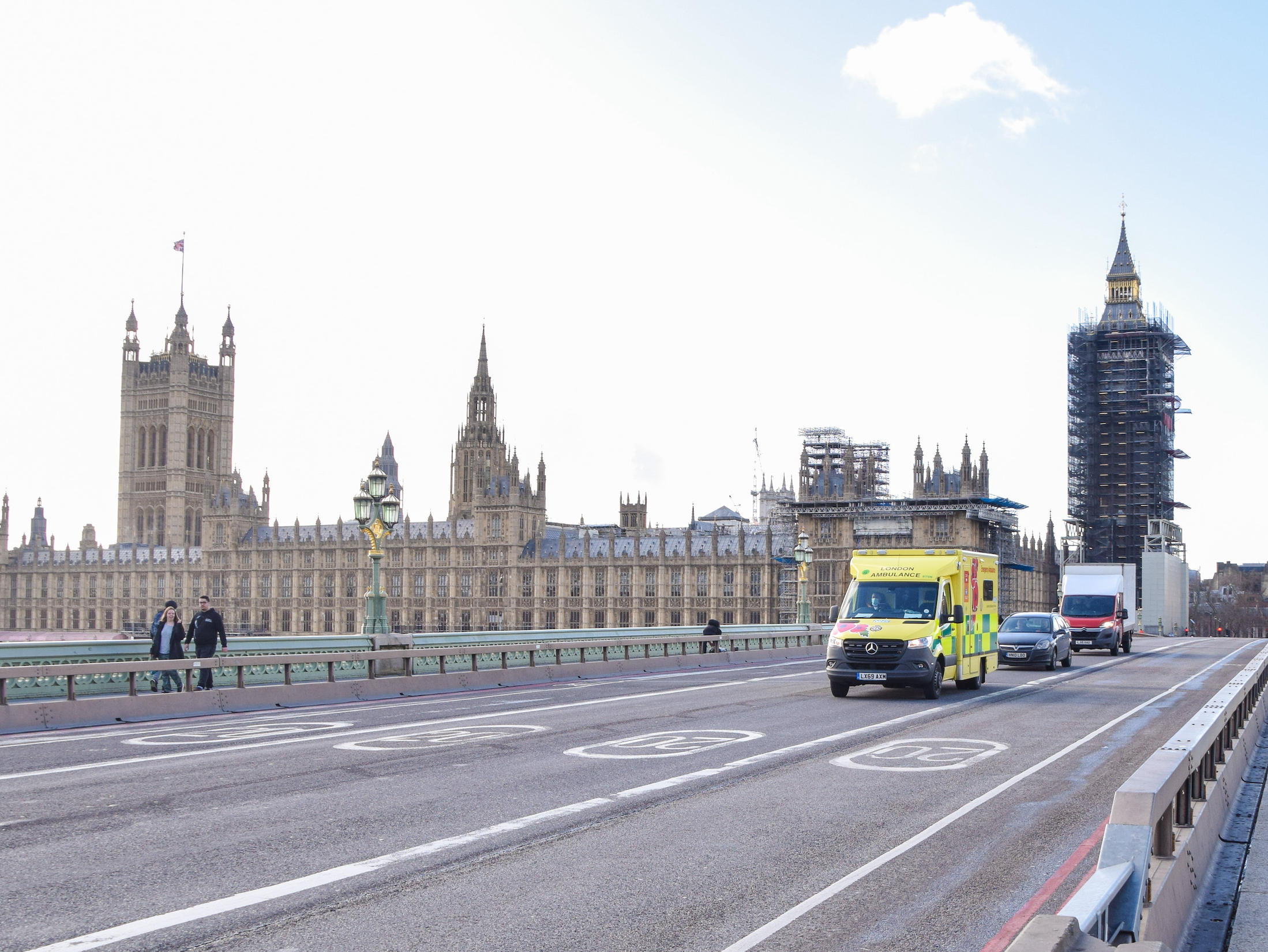A health minister has insisted the government cannot commit to accepting the pay recommendations of independent review bodies of public sector workers, saying tackling inflation must be the top priority.
Helen Whately, the minister of state for social care, said the government “looks at” the recommendations of pay review bodies (PRB), but added she will not “pre-empt the next stage in the process”.
It comes as the government will later this week publish its much-awaited NHS workforce plan to address the long-term problems in the health service.
The British Medical Association (BMA), which represents junior doctors, is demanding a pay rise of 35 per cent this year.


Last week the union announced the longest period of industrial action for junior doctors for next month as they walk out for five days from 7 am on 13 July and 7 am on 18 July.
Speaking to Sky News this morning, Ms Whately said the “government has to look overall at what is affordable, adding the PM has said ministers must be “responsible with the public finances”.
“We take the advice and recommendations from the pay review bodies, but you’ll understand that government has to be responsible with the public finances”, she continued.
“That’s why I can’t say here and now what the outcome of the whole process is going to be”, she added.
The stand-off comes as Downing Street and the Treasury attempt to hold the line on limiting public sector pay increases in a bid to halve the rate of inflation this year.
The government’s number one priority is to bring down inflation and “the job of the prime minister and government is to make tough decisions”, Ms Whately explained this morning.
Last week inflation was recorded as staying at 8.7 per cent in May, leading the Bank of England to increase interest rates to a 15-year high last week.
But according to a report in the Telegraph, junior doctors in England will be offered an extra payment of around £1,000 in line with the recommendation of the relevant pay review body.
The payment has reportedly been proposed in addition to a wider 6 per cent salary increase for doctors for the financial year 2023/24.
However, although the Telegraph reports that ministers will accept the recommendation of the PRB, the chief secretary to the Treasury John Glen continued to signal yesterday that public sector pay increases will further fuel inflation.
Speaking to Sky News yesterday, Mr Glen insisted the government’s willingness to reject recommendations by the independent review bodies underlined the government’s determination to tackle inflation.
Mr Glen said: “As a matter of principle pay review bodies are a very significant part of resolving the pay issues. But obviously we’ve also got to take account of the effect on inflation. That would be irresponsible not to do that.”
He added: “Obviously I’m very aware of the massive contribution that teachers, nurses and public sector workers make and we’ve got to get the right outcomes that are fair to them, but also aren’t inflationary.
“Inflation is going to be tough to get down. It is something that we are focused on and we are united and determined to do so.”
Asked about the comments from Ms Whately and Mr Glen this morning, Labour’s Emily Thornberry responded: “Of course the government has to make decisions in the round, but what are they doing?”.
She said it was “only a few months ago that they said that they couldn’t possibly pay out any more than the pay review bodies say, and today they seem to be saying they’re going to override the pay review bodies”.
She added: “This is just economic policy by press release isn’t it.”
When it was put to her that the government feels that flattening wages is the way to get the economy and inflation under control, Ms Thornberry said: “Well do they? Or is it that they’re just chasing headlines.
“I mean seriously – do they really have a policy at all?”

